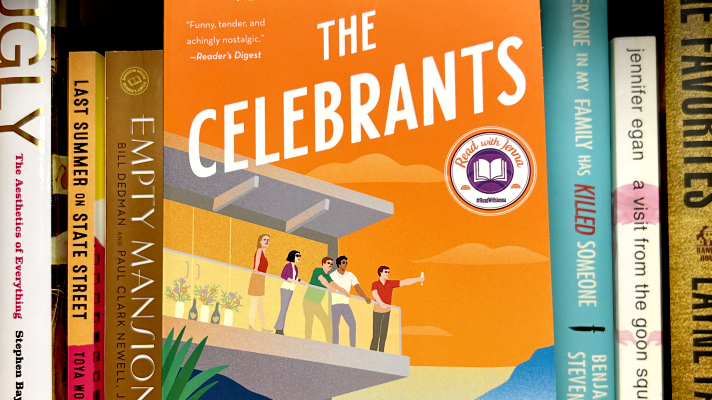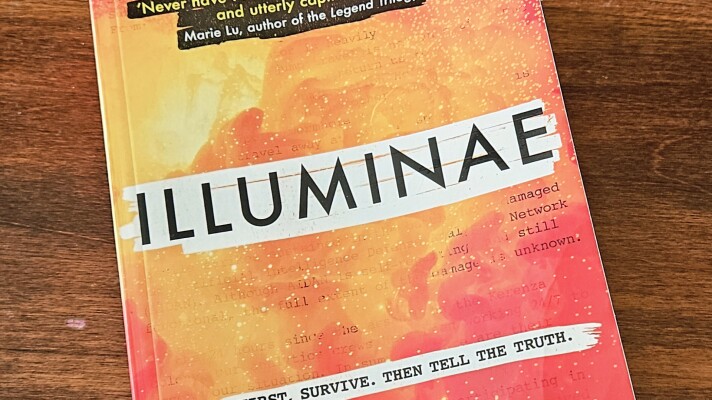NPR called it one of the best books of 2020 "A delicious profile of a city that both glorifies and grapples with it's Old South legacy."
The minute I finished this book, I begged several reader friends to read it as well so could talk about it. The story reminded me of the Natchez version of Midnight in the Garden of Good and Evil but without the true crime.
Richard Grant is a travel writer originally from England and as a native of Alabama, I am not usually thrilled with outsiders writing about the Deep South. It's hard to truly know the South unless you are from there But he does speak about his acquired love of Mississippi and even lives there now.
There were so many fascinating facts on this quirky little town. For instance There were once more millionaires in Natchez than any other city in America. It is a matriarchal society where the women rule the roost and are divided between dueling garden clubs who host grand parties in the once slave run mansions.
The book was a very interesting combination of contemporary Natchez and historical Natchez. Quoting from the book, "In most of the country, especially if you're white, it's fairly easy to believe that slavery happened a long time ago and has nothing to do with the current racial situation in America. To sustain that belief in Natchez, however, requires strenuous denial and extra-large blinders because visual reminders of slavery are all over this racially divided town.
A resident of natchez states: "We are house-crazy. We adore old homes, antiques, throwing parties, making it fabulous. Gay men love it here. Natchez is very liberal and tolerant in some ways, and very conservative and racist in other ways, although I will say that our racists aren't generally hateful or mean. Nor do they think they're racists.""
Grant introduces the reader to unforgettable characters such as Ser Boxley who is pictured on the cover along with an elderly white garden club enthusiast. Ser is a Black activist who advocates for the true history of slavery to be told in Natchez.
Greg lles, the white bestselling author (actually one of my favorite southern authors) consults with Natchez elites to put more slavery stories into the plays and other festivities in town.
These two face resistance from older white Natchez citizens as well as tourists, who don't want to hear anything about slavery because they pay good money to see nice old houses, not be reminded of slavery.
And how could a town that opening parades it's ties to antebellum life elect a black gay mayor by a 91% margin? I adored reading about the eccentricities of the town and its inhabitants, its struggle to maintain a tourist industry while showing a truer picture of "Dixie", and what the town is doing to maintain it's uniqueness while progressing forward.
There are more fascinating stories in the book than I can talk about here, but I highly recommend The Deepest South of All. Until the next episode of Likely Stories, I wish you a pile of good books and a cozy reading spot.













